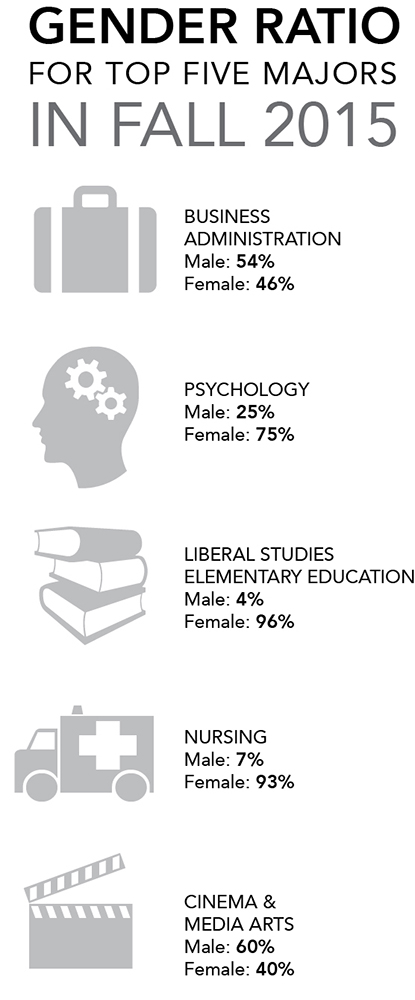When I was four years old, I remember the gleaming orange paint of my father’s 1970 Datsun 510 as he picked me up from elementary school one afternoon. It was his “third child.” When I got into that beautiful car, he strapped me in and said to me in Spanish, “Don’t tell your mom.”
Love & Appreciation
The ride home was exhilarating. I was startled by the loud roar of the engine turning on. The body of the car shook from the power of the rotary engine. When we got on the freeway, we went from 35 miles per hour to 110 in mere seconds. I remember how the adrenaline lingered in my veins as my back pressed hard into the passenger seat from the sheer force of our speed. I had a new love and appreciation for what my father did — specifically, working on cars.
Ever since I could crawl, my father has been taking me to work as a mechanic and teaching me the tricks of the trade. Many are surprised I can fix a car, and I shocked my father when I told him I wanted to be a journalist and a mechanic. His face lights up and his chest swells with pride every time I show doubters and unbelievers I know the workings of automobiles without assistance.
Discouragement & Discrimination
Yet, The Bureau of Labor Statistics reports in 2014, that out of 883,000 total employed automotive service technicians and mechanics, 1.4 percent were women. According to Forbes, this lack of women in automotive careers may be caused by discouragement and discrimination from society as well as those in the field.
There is still opposition to what I want to do. My grandmother will grimace every time I come inside to wash oil and dirt off myself before saying, “Look how dirty you are…that’s not work for women.”
But why should I not do something I love?
Perception & Roles
Women are commonly seen as gentle and dainty creatures who have no desire to get their hands dirty and those who have are seen as strange people before shrugging it off.
Women have worked in “men’s roles” since Bible times. The fifth judge in the book of Judges, Deborah, was a leader in her own home and led Israel to victory in battle. Yet, she was also seen as a mother in Israel.
For fall 2015, business administration has a male to female ratio of 54 to 46 percent at Biola while psychology has a male to female ratio of 25 to 75 percent, according to Biola’s Institutional Research. Similar to women, men also appear to veer away from occupations considered feminine. Neither gender should feel pressured to enter or stay away from a particular area of employment due to expectation.
Societal Roles
While gender is important to identity, it should not dictate a societal role. 1 Corinthians 11:11 shows women and men depend on one another. Where one falls short, the other can catch and support what the other missed since God made us in his image to complement each other, including in the workplace.







